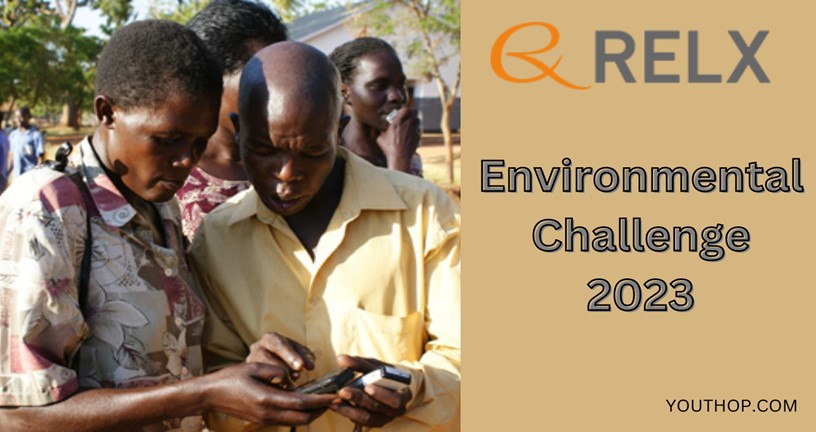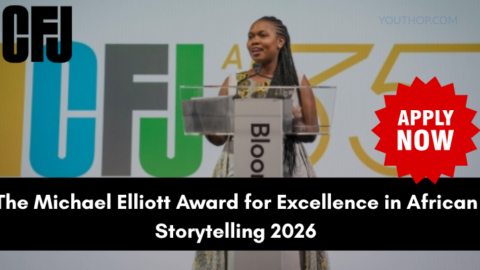The RELX Environmental Challenge is open to individuals or organizations operating in the not-for-profit and for-profit sectors.
Valerie Labi, one of the RELX Environmental Challenge judges, cites the example of Ghana, where she is the country director for iDE (International Development Enterprises). “Our response [to the pandemic] could not be the same as in London because only 20 percent of houses here have toilets,” she says. “So, this has a bigger impact on hygiene standards at a community level.”
Even before the onset of the pandemic, however, poor access to water and sanitation was a growing crisis, with around 800m people worldwide lacking basic access to clean water and water scarcity affecting more than 40 percent of the world’s population according to the World Health Organization. These figures are alarming. Yet global water stress is increasing, with population growth, socio-economic development, and changing consumption patterns driving up demand by about 1 percent a year since the 1980s.
Equally worrying is the fact that some 2bn people around the world have no access to basic sanitation, with most of these communities using basic pit latrines or buckets or defecating in the open, putting them at risk of diarrhea, a condition that kills more children than AIDS, malaria, and measles combined.
Making this situation worse is the rapid expansion of urban populations in cities where, according to UN-Habitat, the United Nations agency for human settlements, more than 1bn people (or one in eight) live in slums, most of which are not connected to municipal water or sanitation systems.
Without radical new systems and technologies, it will be impossible to meet the United Nations’ Sustainable Development Goal (SDG) 6, which aims to ensure the availability and sustainable management of water and sanitation for all.
Yet, this is not the only goal dependent on universal access to water and sanitation. Meeting SDG 1, focused on poverty, and SDG 3, focused on health and wellbeing, depends on access to water and sanitation.
Meanwhile, SDG 4 (quality education for all) and SDG 5 (gender equality) are also closely linked to water since, if it is unavailable in the home, it is women and girls who are usually responsible for water collection. “That’s not productive time,” says Mark van Loosdrecht, another RELX Environmental Challenge judge, chair professor in environmental biotechnology at the Delft University of Technology, and recipient of the 2018 Stockholm Water Prize for his work to revolutionize water and wastewater treatment. “So it leads to a loss of human capacity.”
Location:
EnglandBenefits
- There is a $50,000 prize for the first-place entry and a $25,000 prize for the second-place entry.
- The winners also receive free access for one year to ScienceDirect, our Scientific, Technical & Medical business database of full-text, scientific information, including almost 250,000 articles since 2000 in Environmental Sciences.
Eligibilities
- Projects must have clear practical applicability, address identified needs, and advance related issues such as health, education, or human rights.
- Projects must advance sustainable access to safe water where it is presently at risk and/or access to improved sanitation, and include the following criteria:
- Be replicable, scalable, and sustainable. and set a benchmark for innovation
- Have practical applicability
- Address non-discrimination/equity of access
- Involve and impact a range of stakeholders
- Have local/community-level engagement
Application Process
Apply through the “APPLY NOW” icon given below.
Application Deadline: June 18, 2023
Application ClosedOfficial link
















